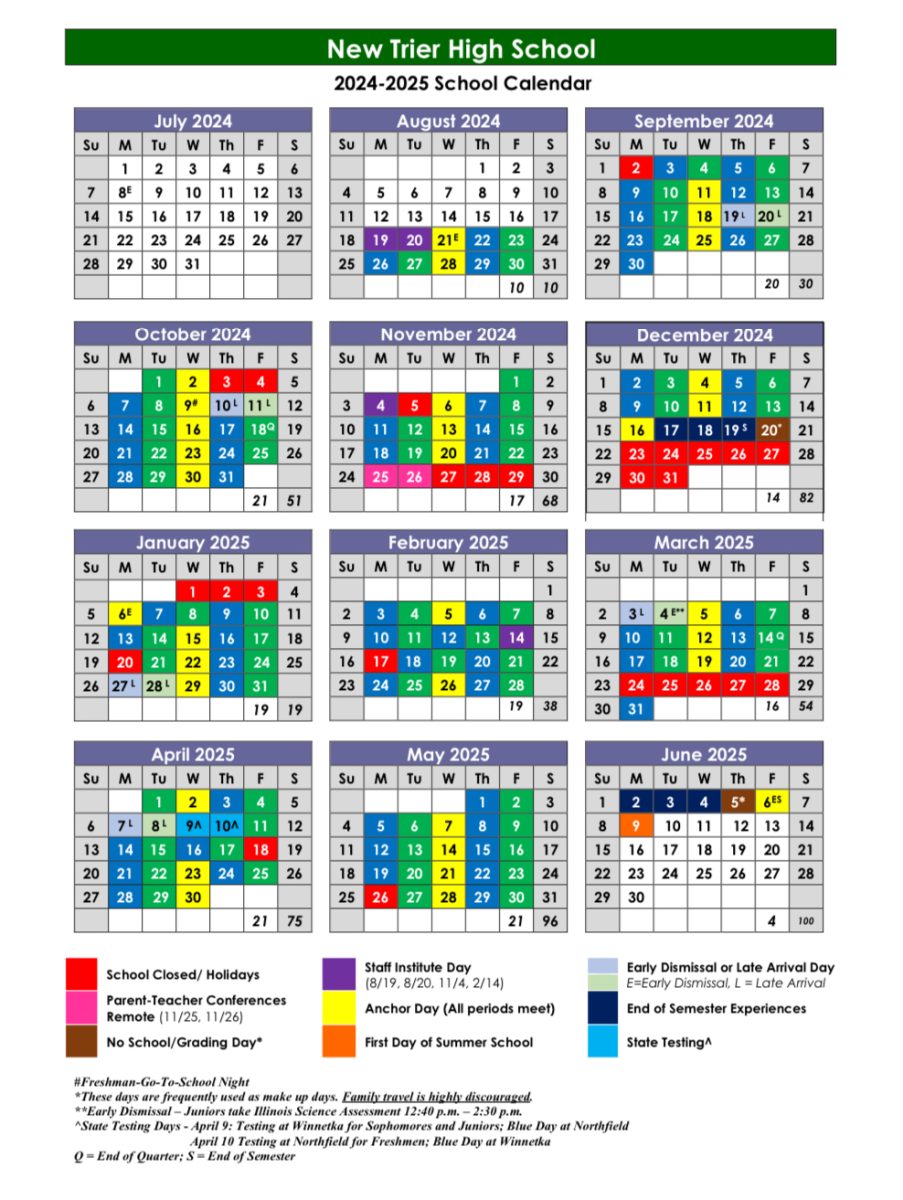Sometimes personality tests are pretty accurate, while other times, they’re not. 16personalities.com claims their tests are so accurate that “it’s a little bit creepy.”
16personalities.com is a website where you can take a free personality test that takes less than twelve minutes. In return, they’ll give you your personality profile, complete with information about friends, family, relationships, work, strengths, and weaknesses. But how does it work?
This type of personality test is done by the Myers-Briggs assessment. It was created during World War II to help women find what kind of job they would be most comfortable in.
It works on the assumption that there are two opposite cognitive functions: judging functions, like thinking and feeling, as well as perceiving functions, such as intuition and sensation.
Like the way a person is left or right handed, each person finds they prefer a certain combination of these traits. The total amount of possible combinations, and therefore potential personalities, is sixteen.
The first category by which people are divided is attitude. One is either extroverted (E) or introverted (I). When extroverted, one tends to act first and reflect later, look for a wide collection of knowledge, prefer more frequent interactions, and get their energy from spending time with other people.
On the other hand, introverts tend to reflect first and then react, seek a greater depth of knowledge, prefer fewer but more substantial interactions, and get their energy from spending time alone. Extroverts direct their energy towards people and objects, while introverts turn towards thoughts and ideas.
Next are information-gathering, or perceiving functions. They explain how one processes and seeks new information. Sensing (S) means one is data driven and prefers making decisions off of facts that are clearly laid out and tangible to them. They don’t trust hunches and prefer data and facts.
Intuition (N) means one trusts hunches and is more likely to rely on past knowledge or experiences to make a decision in the present. They also tend to think more about future possibilities and the underlying theories behind an idea.
The third category of the personality profile are the decision making functions, either thinking (T) or feeling (F). If one is a thinking personality, they tend to make decisions from a detached point of view, relying on logic and what is reasonable, not emotions. Feeling personalities tend to empathize with situations and try to see things from others’ points of view, making decisions based on these feelings.
The final personality grouping is based on one’s lifestyle, whether judging (J) or perceptive (P). Those with judging personalities tend to use to-do lists, meet deadlines, and have things planned out ahead of time. Perceptive ones like to keep options open, leave things to the last minute, and work in short bursts of energy.
Unlike the Myers-Briggs assessment, 16personalities.com adds on a sub-category, either assertive (A) or turbulent (T). A-types are calm, relaxed, don’t worry too much, and tend to stay pretty emotionally stable. T-types are perfectionists, self-conscious, self-driven, and care about their image. This sub-category letter is added on after the initial four letters.
For each of these categories, we tend to have one trait that we exhibit more than the other. Taking the letter in each category that suits you best creates your personality type.
The online personality test works by making each question target a specific category of the personalities. One answer will correlate with one trait and the second with the other. It then takes all answers in each category and sees which trait your answers tended to lean towards.
16personalities.com then takes this answer and gives you a complete description of your personality.
This is the part where things get weird, because if the test was done well, the descriptions will be strangely accurate.
It provides reasons for why you behave the way you do, what the strong points of your personality are, and where you have room for improvement.
With personality tests, there are no “better” personality types than others. Some may be better suited for different situations than others.
For example, a surgeon may not want to be a person with a feeling personality type, because in the middle of an operation, they shouldn’t start to empathize with the patient. They need to maintain a clear and detached point of view during the operation. However, a feeling personality would be great for anyone who relies on communication, whether acting, writing, or reporting.
New Trier Psychology teacher, Sarah Jerutis, was more skeptical about the accuracy of the test, saying, “The Myers-Briggs test used to be a very popular personality inventory, especially in the corporate arena, but in recent years it has come under some criticism as people are looking more closely at it and realizing that there’s a lack of research to back it up.”
She used to give it to her students “to see where they fell between the two sides” but now she uses it “to raise the topic of research and the Barnum effect.”
The Barnum effect is when someone finds personal validation in vague statements that apply to everyone, and then rates the prediction, horoscope, advice, or personality test as highly accurate.
The statements tend to be applicable to most people, with descriptions such as, “You tend to be highly critical of yourself,” or, “You exercise a great deal of control and self-discipline, but on the inside tend to be worrisome and insecure.”
This phenomena might explain why everyone is pleasantly surprised with how accurate they feel their personality test turns out.
Jerutis added about the Myers-Briggs, “Also, it is just difficult to take a twenty minute test that accurately captures all the aspects of one’s personality.”
So while the personality tests aren’t guaranteed to be correct, they tend to surprise people with how relevant they are.
Junior Liz Sollitt said, “It was weird. I felt like the personality described me pretty well. There was a little bit that didn’t totally fit me, but I was on the border for a lot of the traits, so that’s probably why. Overall, though, it seemed pretty good.”




































